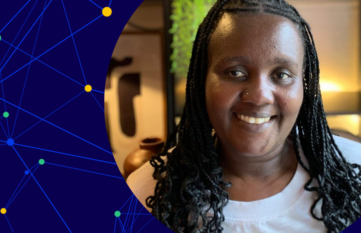Digital transformation offers great potential for respecting, protecting, and fulfilling human rights all over the world. The internet offers endless opportunities for the realisation of the right to information. Social media are a powerful tool for organising peaceful protests and realising political rights, especially in autocratically governed states. E-learning tools have helped governments fulfilling the right to education in times of pandemic. Digital technologies provide a wide range of opportunities for inclusive societal participation and can facilitate access to political and civil rights as well as to economic, social and cultural rights.
Most notably, marginalized groups such as LGBTQI+ persons, indigenous peoples or persons with disabilities as rights holders can benefit from the advantages of digital transformation. Digital tools make it easier for them to obtain information, network and participate in political decision-making processes. Governments can use digital opportunities to meet their state obligation to fulfil human rights, such as the right to health or the right to education. Digitalisation is thus becoming a more and more important instrument for human rights-based development cooperation.
Human rights apply equally online and offline. Yet, human rights violations in the digital realm are increasing significantly. Human rights defenders and media professionals are severely affected by online censorship, surveillance, and internet shutdowns. Women in all their diversity and children are frequently exposed to cyber violence. Algorithms can maintain or reinforce existing discrimination. Most human rights violations are not restricted to the digital sphere but have severe real-life implications for the affected individuals.







